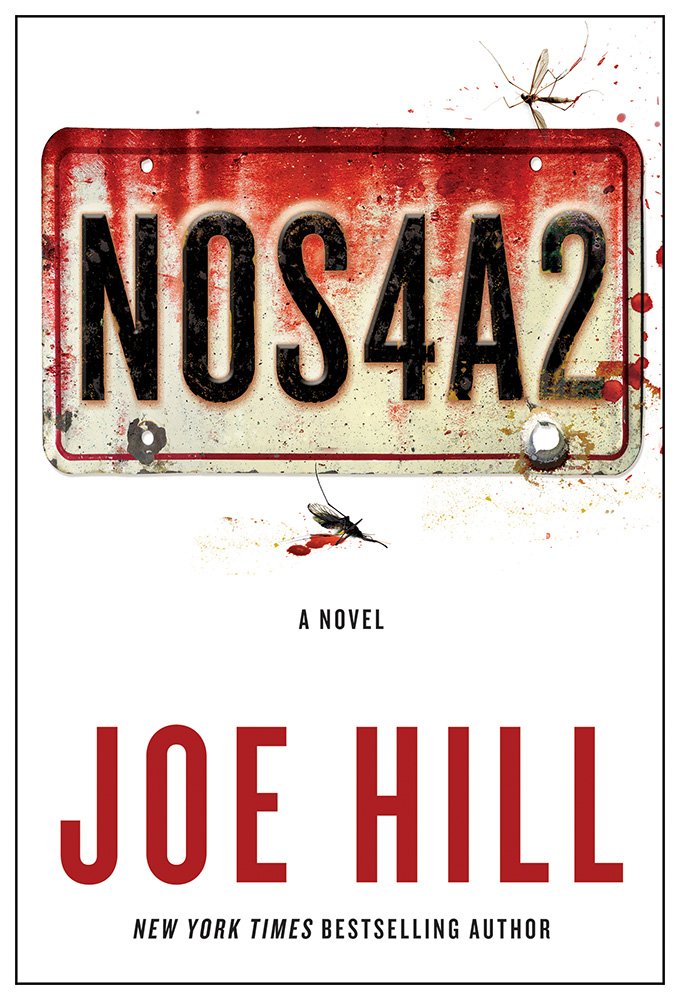Another round-up of the week's postings at the SFFWorld blog. New additions from Mark and I, plus some interviews Dag (the esteemed site owner of SFFWorld and man in the shadows) at the main SFFWorld site.
First up, Mark just posted his review of AJ Smith's debut novel, The Black Guard, which is the first installment of his Long War sequence:
It must be said that are many similar debuts out there at the moment. In my opinion, The Black Guard is one of the better ones. What works here for me more than other recent debuts I’ve read is the characterisation. Generally the characters are recognisable and yet different enough to be entertaining. The reader will identify with the good guys and hiss mightily at the bad, though there’s a nice touch of greyness in there too. In particular, their dialogue is appropriate to the setting and worked for me, a problem I’ve had with many recent debuts. One warning: there is profanity and rather bloody mayhem here (it’s not really a Young Adult tale) but it was refreshing to find that, unlike some ‘Grimdark’ books of late, it doesn’t reduce the overall impact by overdoing the violence or the expletives.
...
Before I get too carried away, it must be said that the book isn’t entirely perfect. We could quibble about the huge dollops of set-up dialogue in conversations at the beginning of the novel, a slight lag in pace in the middle of the novel and the occasional over-the-top Conan-esque moment, but generally what happens works well and keeps the reader’s attention over a 600+ page book.
My big review of the week is (so far, and likely to remain) my favorite novel published in 2013. The novel is the third from Joe Hill and is a masterpiece of horror / dark fantasy, NOS4A2:
For my tastes, a villain is much more terrifying if he is calm and calculated rather than a slavering creature who shouts. On this count, Joe Hill’s creation of Charles Talent Manx is one of the creepiest individuals in modern Horror literature. In interviews with Joe Hill (particularly this great one which first aired on The Geek’s Guide to the Galaxy podcast), he’s mentioned getting Manx’s voice right was a challenge. The hard work paid off because the character, conversely, seems effortless and a fully-formed creation. The man speaks as if he is of a different era, does not use contractions (is not v. isn’t; do not v. don’t) and abhors curse words, is quite concerned about what is proper, and loves Christmas. Well, concerned about what is proper aside from abducting kids, turning them into monsters, and feeding off their life force. In other words, Charles Talent Manx is a prime example of the Affably Evil character.
...
The structure of this novel is quite powerful and epic. We are introduced to Manx (the villain), we then meet Vic. They have an encounter that leaves them both scarred, which is only a precursor to their return match-up. In many ways, this reminded me of an Epic or Heroic Fantasy where the hero gets a measure of their enemy and defeats that enemy at great cost with a knowledge that a final encounter looms. Throughout the novel, this tension (added by the build-up to the Christmasland reveal) is so thick and absorbing that not reading NOS4A2 was a painful thing for me.
Lastly, Michael J. Sullivan provided a guest post to the SFFWorld blog, in which he discusses the notion of bringing secondary characters more fully into the spotlight:
Dag also posted his interview with author Douglas E. Richards.


No comments:
Post a Comment